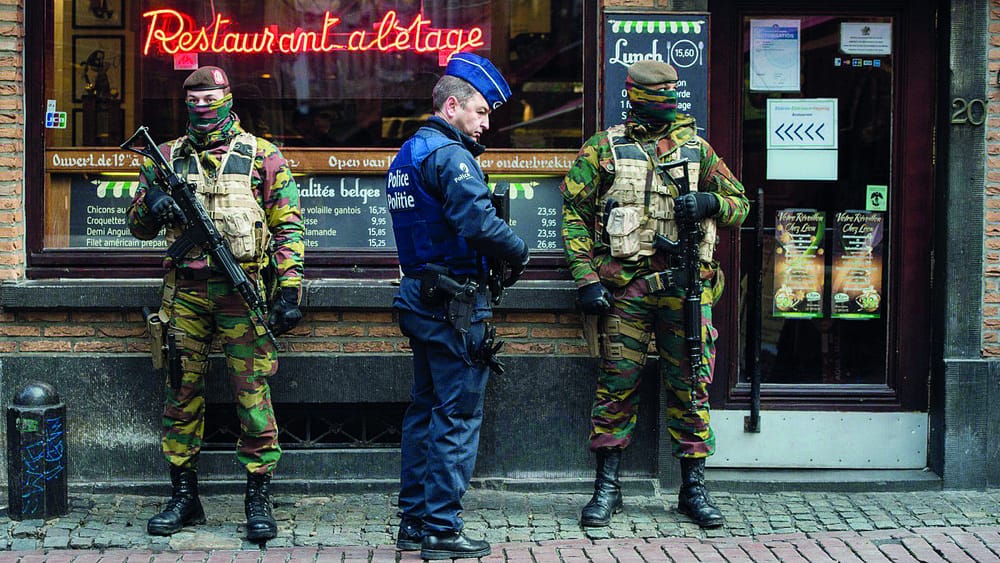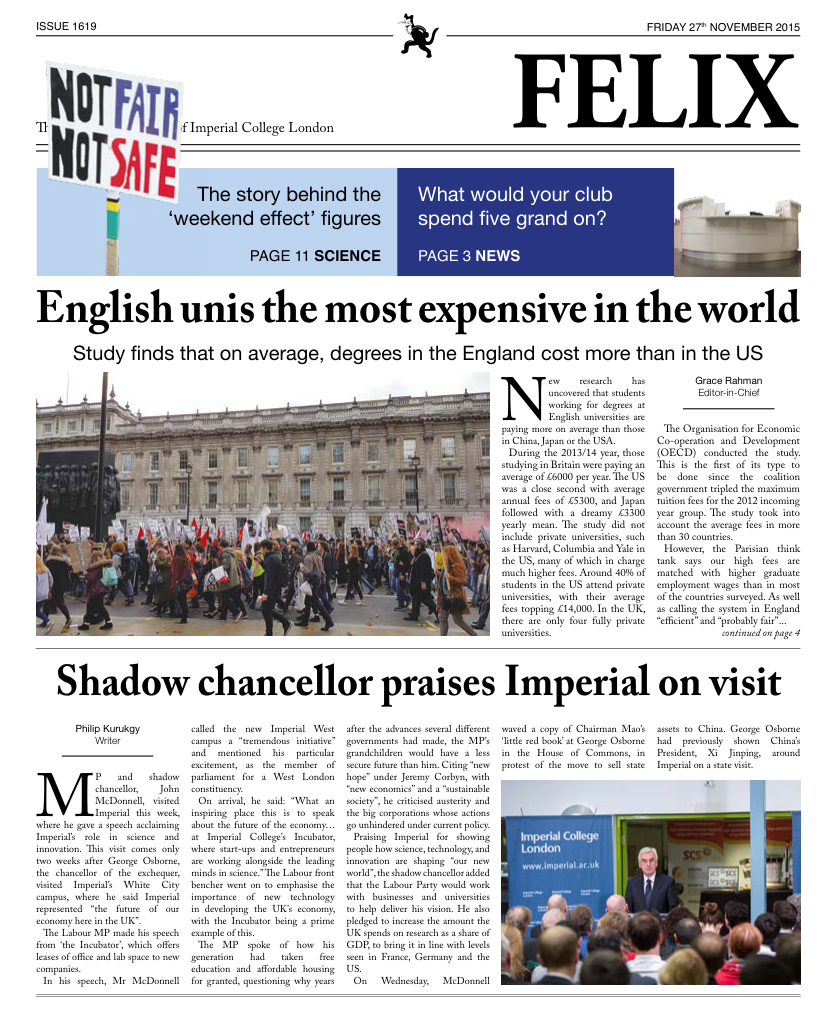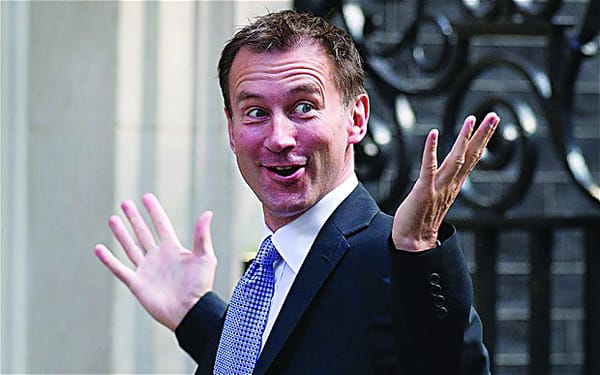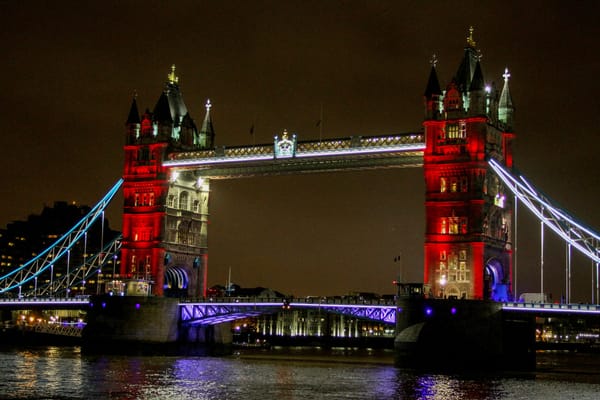Terrorism is a marginal and exaggerated threat
When we’re surrounded by so much fear, we forget that we still have freedom

In 1853, the architect Georges-Eugène Haussmann was tasked with the renovation of Paris, a city crippled by overcrowding and disease. Part of his work involved creating large, straight boulevards that critics at the time said were to allow the army to manoeuvre more easily and to suppress armed uprisings. Whether that really was the motivation behind them, today we are regrettably seeing soldiers lining these boulevards.
The response to the attacks in Paris has been substantial to say the least. The day after the attacks, France mobilised 115,000 soldiers across the country, while 1,000 extra soldiers have been stationed in Paris itself. Closer to home, we have seen David Cameron pledge £3 billion for anti-terrorism units, the first increase in military spending in decades.
These attacks capture our attention so much because they are freak events
I was relatively unaffected by all this until recently, when my hometown of Brussels was locked down due to an “imminent threat”. I had been told how surreal the situation was, but it didn’t quite hit home until I saw pictures of the desolate city centre, thoroughly empty apart from a handful of soldiers patrolling here and there.
The fear that all this has caused is hard to exaggerate, and it’s understandable. Terrorist attacks are frightening because they are so unpredictable, and have little care for who their victims are. They fill us with a sense of powerlessness as we think to ourselves, “that could have been me”.
This shouldn’t divert us from the fact that these attacks capture our attention so much because they are freak events. We all know this deep down, but what may be surprising is just how uncommon these events are. 32,658 people were killed in terrorist attacks in 2014, but only a small fraction of these were Westerners. Of all the terrorist attacks that have been committed around the world since 2001, only 0.5% of these have been in the West (that figure goes up to 2.6% if you include 9/11). Sensationalism is sadly the bread and butter of modern news, and we ignore this at our peril.
All the news coverage and heightening of security creates an unwarranted atmosphere of fear, but that is not the only harm that these measures do. The obsession we seem to have with terrorist attacks diverts our attention (and ultimately government spending) away from causes that could save more lives than any city-wide lockdown or air strike ever could. Because of this, we have accepted that cuts to police, education and junior doctors’ wages are acceptable, while an increase in military spending can be proposed without any seeming contradiction. This winter some 20,000 will die from lack of proper heating, but we will not see any proposals to prevent this because this happens year on year and it’s simply not news anymore.
There is also the question of whether heightening security and proposing air strikes in foreign countries (as David Cameron did quite recently) does anything to help with the ‘War on Terror’. This is a hard question to answer. However, what is certain is that these measures do more to promote fear in Western populations than they do to prevent the supposed cause of that fear.
This brings me to what I believe to be the most damaging consequence of the scaremongering we have seen in the last decade and a half, and that is the use of fear as a way for governments to pass measures that would otherwise be unthinkable. The most prominent of these measures has been the mass surveillance we have seen with GCHQ, justified by William Hague in eerily Orwellian language: “if you are a law-abiding citizen… you have nothing to fear”.
While there are other examples of successful infringements on our human rights, what is equally worrying are the laws that have been proposed before being thankfully struck down. In 2004, the UK government tried introduce indefinite imprisonment for suspected terrorists but this was ruled to be a breach of human rights. The right to jury trial is part of the UN Declaration for Human rights as well as the Magna Carta, and to see a government try to take away this right so flippantly is deeply unsettling.
More recently, we saw Theresa May propose measures that will outlaw “vocal or active opposition to fundamental British values”, as well a bill that will pretty much legitimise GCHQ’s activities. This is a gross overreaction to what I consider to be a marginal and much exaggerated security threat. Not only that, but it opens up the door to activities that wouldn’t look out of place in a police state, all the while with our implicit consent.
We often talk of our human rights as if they were inalienable, but history has shown us that we are more easily stripped of these than granted them. While it is hard not to be swept up in the hysteria that follows from terrorist attacks, we would do well to remember this. Above all, we should not be so easily led to believe that we have to make a choice between freedom and security.





